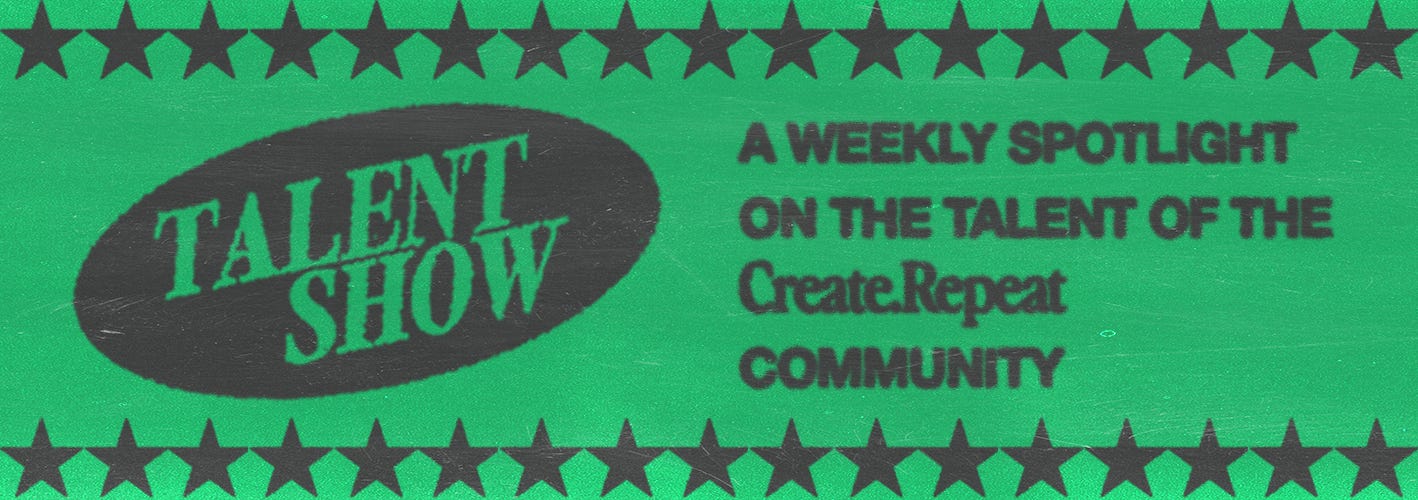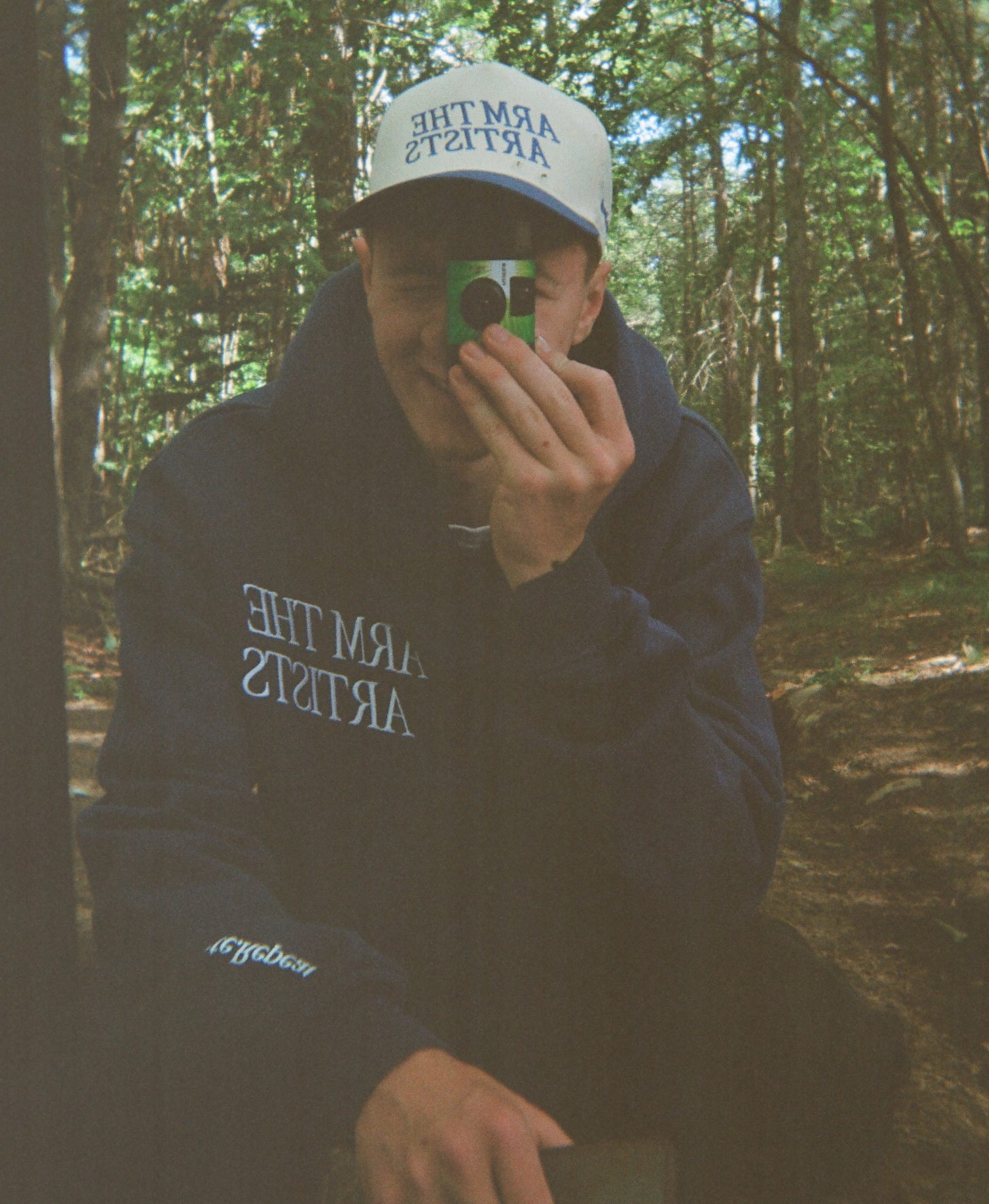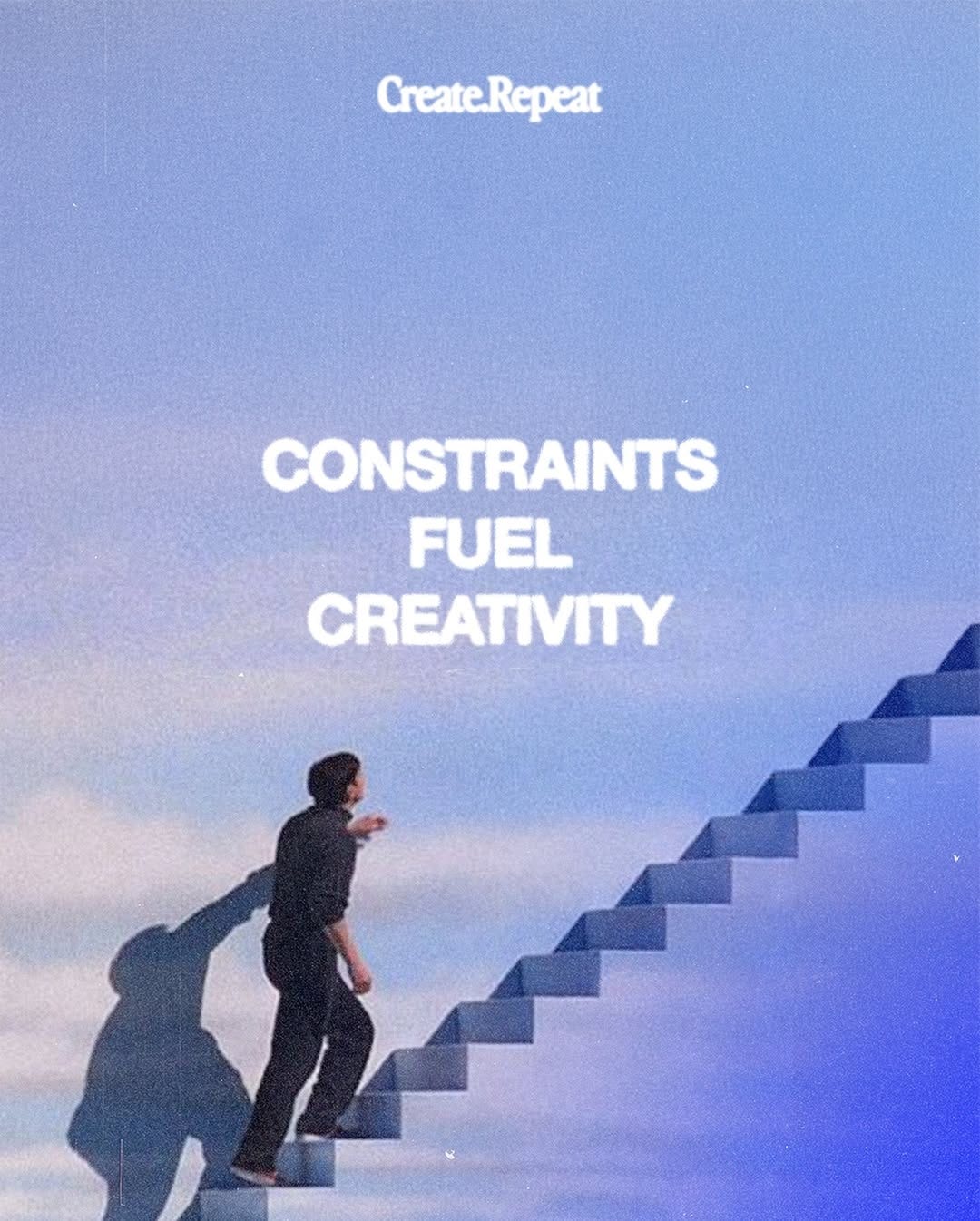Ben Affleck Wants AI to Take Your Job
Is innovation driving progress—or driving you out of work?
The modern creative is empowered by a wide array of tools, with digital subscriptions fueling our ability to turn the ideas in our minds into reality. Some may live their lives without ever paying for an Adobe subscription, but in the digital age, few artists have that luxury. Tools for editing videos, designing graphics, writing, and more are essential. For better or worse, the modern creative is dependent on a laundry list of applications.
However, unlike a paintbrush or a physical canvas, the digital tools we use are constantly evolving. In recent years, we've seen these tools transform in a whole new way through AI and LLMs. My inbox is constantly flooded with notifications about new AI tools added to the platforms I already use. These tools are designed to make an artist's life "easier," turning mundane, lengthy tasks into more efficient processes.
As things advance, we find ourselves caught at a crossroads in innovation. AI opens up a whole new world of possibilities for designers, filmmakers, and musicians, but it also stands as a potential "new hire," ready to single-handedly eliminate entire floors of creative teams. Should we embrace these tools and the efficiencies they bring? Reject them to preserve the purity of our creative process? Do we even have a choice?
Innovation moves forward like a steam train, and artists must decide whether to catch the train or walk to the next destination on their own.
Ben Affleck recently joined this conversation with a more optimistic take. In summary, he said AI doesn’t stand a chance against the taste and skill of real actors, adding that:
“What AI is going to do is disintermediate the more laborious, less creative, and costly aspects of filmmaking. This will bring costs down, lower barriers to entry, and allow more voices to be heard. It will make it easier for people who want to create projects like Good Will Hunting to go out and make them.”
His comments sparked a lot of discussion, with mixed opinions. Many worry that AI will be used by big studios to replace teams of writers and artists with AI-generated content. However, while companies may use AI to streamline existing processes and cut costs, I believe the core of Affleck’s comments holds true.
AI is built to create shortcuts, allowing people to move from A to B in laborious tasks in ways that may not have been possible before. Editing an essay used to take time and effort. Now a writer can have AI edit their text for them very quickly without having to worry about missing a period or punctuation. Keying out the background of a VFX shot used to take hours of manual labor while now it can be done with just a few clicks.
For an independent creative these advancements cut down the time it takes to make a work of art. Time which COULD be filled by putting more thought and effort into a project.
Accepting new things is difficult for us. In a study published by Nature they found that “the more novel an idea is, the more groups of people disagree about its potential value—and that others interpret this disagreement as a signal of risk. Disagreement itself then generates resistance.”
Throughout history, there have been numerous examples of creatives rejecting innovation to preserve the purity of their craft. When Photoshop was released in 1988, some artists feared it would diminish the authenticity of their work, believing that altering photos digitally was a form of dishonesty. Long before that, the famous self-proclaimed Luddites engaged in “frame breaking”—destroying automated weaving machines—to protest the idea that such machines would strip away the value of manual craftsmanship.
Time and again, advancements spark disagreements over whether these changes are truly positive, creating resistance that eventually splits people into two camps: those riding the wave of progress and those watching from the sidelines, or even actively opposing the changes.
The ongoing discussion around AI is no different, with two distinct groups emerging.
Optimistic Approach
This perspective echoes the sentiment expressed by Ben Affleck in that interview. AI cannot replace the taste, dedication, and unique skill of human craftsmanship. According to this view, AI will not take away the core of creativity but will instead create shortcuts for mundane and laborious tasks, allowing artists to focus more on the creative aspects of their work. By streamlining repetitive processes, AI can actually free up time and mental energy for more innovative, inspired creations.
Pessimistic Approach
On the other hand, the pessimistic approach sees AI as a potential threat to the future of creative jobs. Artists fear that as AI becomes more integrated into the industry, big companies will use it to replace human workers. These companies could exploit AI-generated content, even using artists' likenesses without consent, ultimately cutting creatives out of the process. The worry is that the availability of meaningful creative jobs will dwindle, leaving artists displaced and devalued in a world dominated by AI-driven production.
The Case for Optimism
With new advancements, things will inevitably change—processes will shift, creative focuses may evolve, and jobs could even transform. A clear example of this from the past is the rise of computer-animated films. In the late 90s as computer animation came to life, traditional hand animators and artists were forced to adapt, finding new ways to tell stories.
While this transition was challenging, it led to the creation of many fantastic projects. One of my personal favorites is the 2002 animated film Treasure Planet. It was one of the first films to successfully blend 2D and 3D animation, enabling the directors to tell a story they had been trying to bring to life for over 20 years. Without the advancements in animation technology, this project likely wouldn’t have been possible.
Tools have always advanced, but the essence of creativity lies in the uphill struggle and the human spark.
AI excels at finding the fastest, most efficient solutions, quickly processing countless possibilities to select the "best" path. But efficiency isn't always synonymous with creativity. John Maeda Vice President of Design at Microsoft when talking about AI noted, "The route of greatest efficiency is rarely the most impactful."
AI may cut down on time and effort, it can also limit the depth and originality that truly powerful creative work often requires. Sometimes, the most meaningful results come not from the quickest route, but from a more intricate, exploratory process.
Being creative is hard, executing on your creative vision is even harder. Use the tools at your disposal to explore your process. While it can be difficult to accept change, it's better to embrace the optimistic route. If these advancing tools allow you to create more, then use them to do just that. Tools are simply that—tools. True creative work will always emerge from perseverance and the effort of overcoming challenges. There may be shortcuts in your process, but there are no shortcuts to developing something truly new and creative. If the tools you’re using are freeing up time and mental energy for more innovative and inspired creations, take full advantage of it. Fear of the new thing is natural, but don't let it keep you from creating and repeating.
- James
The Art of Scrappy Filmmaking
When the pandemic hit, he moved into an Airbnb with three friends and made a movie that premiered at the SXSW Film Festival. Now, he’s back with his second feature—this time with a slightly bigger crew of just five people.
If you’re passionate about filmmaking and looking for the inspiration to kick-start your dream project, don’t miss the latest episode of The Create.Repeat Podcast with indie filmmaker Steven Kanter.
Links keeping us creative:
👆Can we reach beyond the echo chamber?: Two creatives behind the browser that’s breaking the internet discuss what Zadie Smith, A24, and sunspots have to do with building a product.
📖 Long Live the Library: When you speak to folks with niche passions about how they got into their craft, their stories are often similar.
🆎The View from Mumbai: Three projects honoring and innovating with Indian street typography.
👨💻 P-Del: Archived graphic design etc. by Pedro del Corro. 👨💻
This Week, We’re Happy to Spotlight Alex Lucier—a New England-based freelance creative, filmmaker, and entrepreneur.
Bringing His World to Life:
Alex’s work revolves around the things he loves most: sports, music, fashion, adventures, and whatever else he’s up to. He’s the owner, creative director, and designer for Envision Studios/Blessed Envision, a design studio and streetwear brand/community built on the idea of envisioning greatness in every aspect of life.
Currently, Alex is wrapping up post-production on his first feature-length film, Summer Interlude: “In the final week of summer, a film school reject must choose between his parents’ wishes and the path of a free-spirited girl he just met.”
Alongside his creative projects, Alex is a senior communications student, track and field athlete, and Newman Civic Fellow at Worcester State University in Worcester, Massachusetts.
The Power of Starting:
A recent piece of creative advice from Alex: “The best way to keep creating and create incredible things is just to start. It’s simple, maybe too simple, but everything I’ve ever made has stemmed from getting out of my head and putting pen to paper. The top of the mountain starts with getting on the trail, not dreaming about it. Start adding up a whole lot of forcing yourself to the start line, and you might cross some unimaginable finish lines.”
The Takeaway:
Greatness begins with action. Whether it’s a big project or a small idea, the key is to get out of your head and take the first step. Start creating, and the path will reveal itself.
If you’d like to be featured in an upcoming Talent Show, apply at CreateRepeat.com.
Create.Repeat is a community for creatives.
The Create.Repeat Substack is a project designed to be a weekly diary on creativity. Sharing inspiration for artists to keep creating and repeating.
Written and curated by Zack Evans & James Warren Taylor
Each week we will be sharing recent thoughts on creativity, some links helping us stay creative, and a talent show featuring an artist from the community. Thank you for engaging with us.
History repeats. Create the future.








